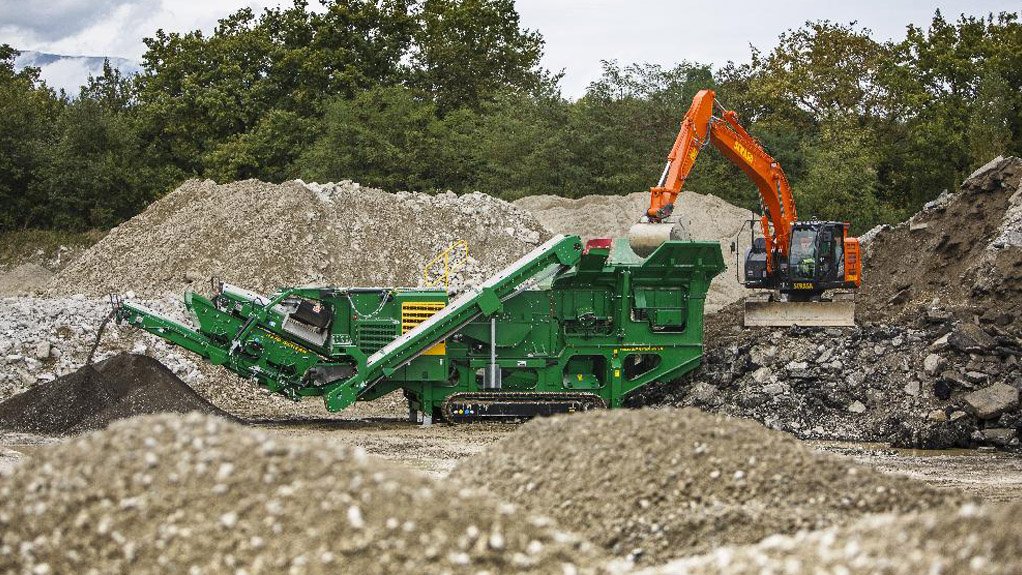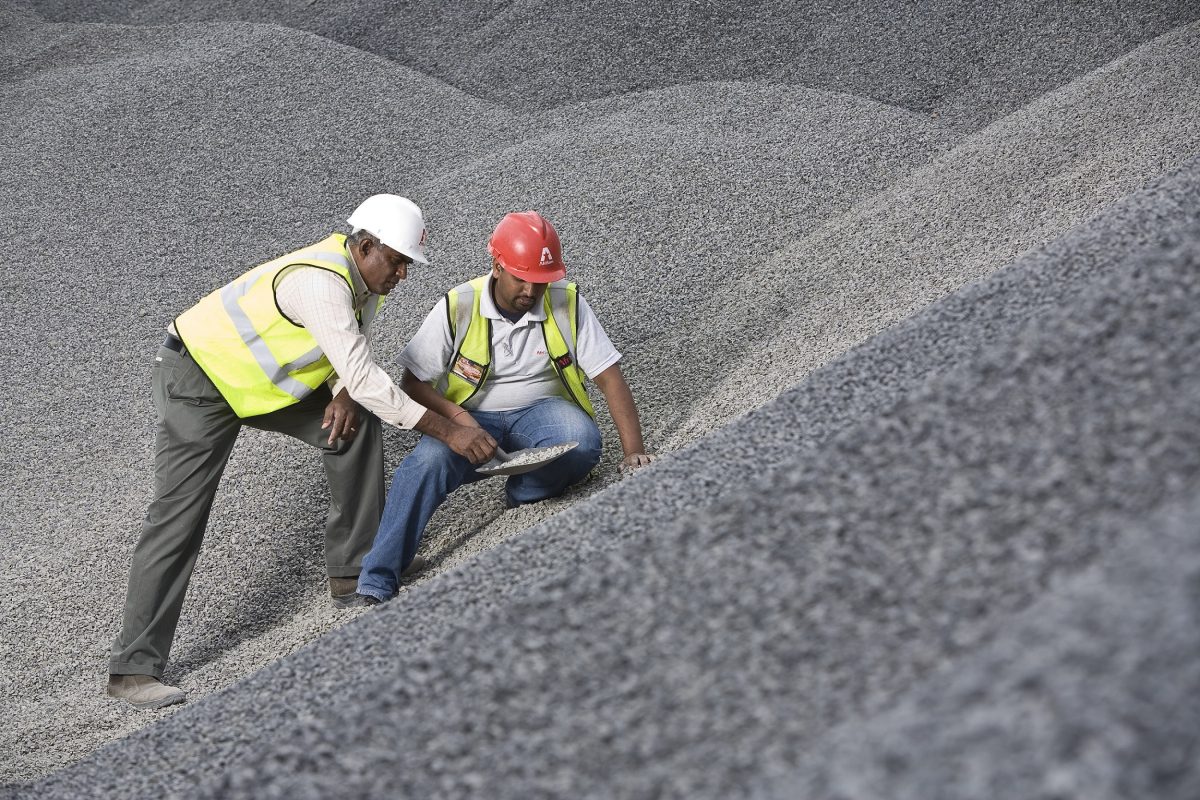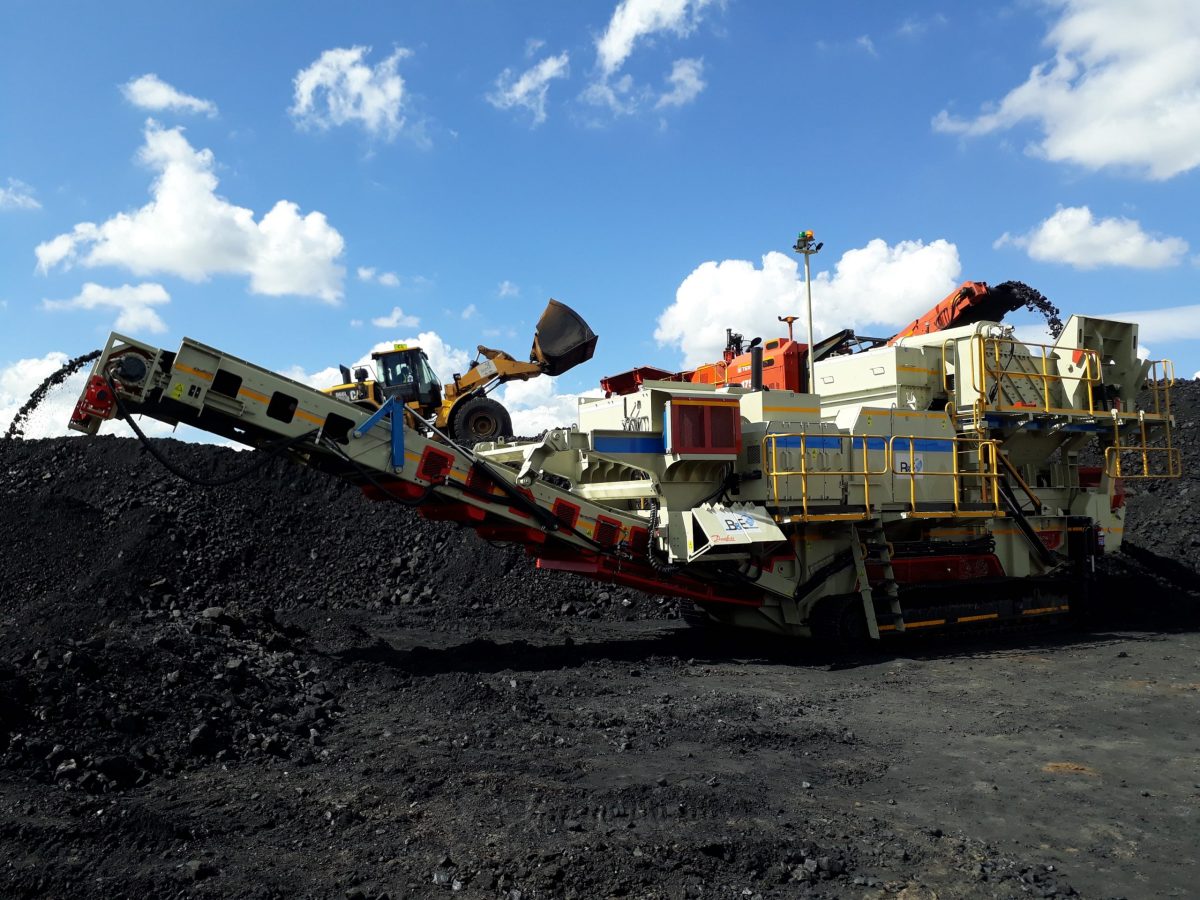
Surface mining industry association (ASPASA) says its members, who supply sand and aggregates, as well as readymix concrete to the construction industry, are alarmed at the lack of responsibility taken for concrete used on construction sites.
This is increasingly leading to disputes on site where the blame is often incorrectly placed on the shoulders of the material suppliers. They then carry the burden of proving materials were delivered as specified and prescribed.
ASPASA director, Nico Pienaar, says many of the country’s sand and aggregate producers also operate readymix concrete plants on their sites and are calling for fairer practices when it comes to proportioning blame when things go wrong.

“During recent construction industry-wide discussions it was evident that those involved throughout the construction supply chain do not want to take responsibility and would prefer it stays with the concrete supplier – even despite various onsite factors that can affect the quality of concrete.
Clear cut-offs when transferring responsibility
“That is why we say there must be a clear cut-off at every stage where the responsibility changes hands from the supplier to the contractor and the site engineers. A good example of this is where readymix trucks wait for long periods of time to offload concrete with potentially significant effects on the quality, consistency, and workability of the concrete. In these events the suppliers should be absolved of liability and it should fall squarely on the shoulders of the engineer in charge.
“in order to avoid these and other problems in future we once again want to advise our members, and all other suppliers in the industry, to take the time to carefully negotiate all requirements of the supply agreement upfront. When a contract is being negotiated there should be a meeting with the client, the engineer, the contractor, and the suppliers to set out the rules and to agree on the various issues.
“Agreement needs to be reached on specifications, material requirements, testing methods onsite, as well as delivery and timeframes for the placement of the concrete. Laboratory procedures also need to be discussed and methods used internally, as well as by accredited laboratories that will test the quality of the materials. With these types of agreements in place ASPASA hopes to see fewer disputes in future,” says Nico.
Guidelines and documents from ASPASA
He concludes that the association is also taking a further, proactive approach to preventing disputes with the compilation of a site meeting guideline and process documents to be used by members when accepting supply contracts. These will be made available from the association when completed.
More news
- PART 2: CONCRETE IN THE DESIGN OF A UNIQUE LUXURY HOME IN GEORGE, SOUTH AFRICA
- PART 1: CONCRETE IN THE DESIGN OF A UNIQUE LUXURY HOME IN GEORGE, SOUTH AFRICA
- MVULE GARDENS, AFRICA’S LARGEST 3D-PRINTED AFFORDABLE HOUSING PROJECT
- PART 3: HARNESSING THE POTENTIAL OF HIGH SULPHUR FLY ASH IN CONCRETE PRODUCTION
- PART 2: HARNESSING THE POTENTIAL OF HIGH SULPHUR FLY ASH IN CONCRETE PRODUCTION




